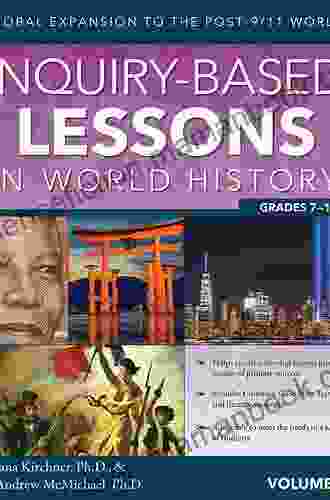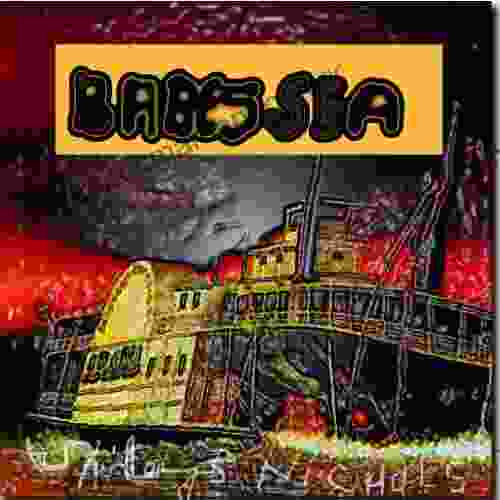Early Humans to Global Expansion: A Journey Through Time and Space

The story of human history is a captivating one, filled with countless chapters of exploration, innovation, and cultural exchange. From our humble beginnings in Africa to our eventual spread across the globe, humans have demonstrated an insatiable thirst for knowledge and an unyielding desire to connect with others.
In this comprehensive article, we will delve deep into the timeline of human history, exploring the major milestones and key figures that shaped our collective past. From the first hominids to the rise of civilizations and the era of global exploration, we will journey through millennia of human experience and uncover the fascinating tapestry of our shared heritage.
4.4 out of 5
| Language | : | English |
| File size | : | 3623 KB |
| Text-to-Speech | : | Enabled |
| Screen Reader | : | Supported |
| Enhanced typesetting | : | Enabled |
| Word Wise | : | Enabled |
| Print length | : | 267 pages |
| X-Ray for textbooks | : | Enabled |
Early Hominids: The First Steps
The origins of humanity can be traced back to Africa, where hominids, our earliest ancestors, first emerged over 6 million years ago. These early hominids, such as Australopithecus afarensis and Homo habilis, possessed limited tool-making skills and were largely nomadic hunter-gatherers.
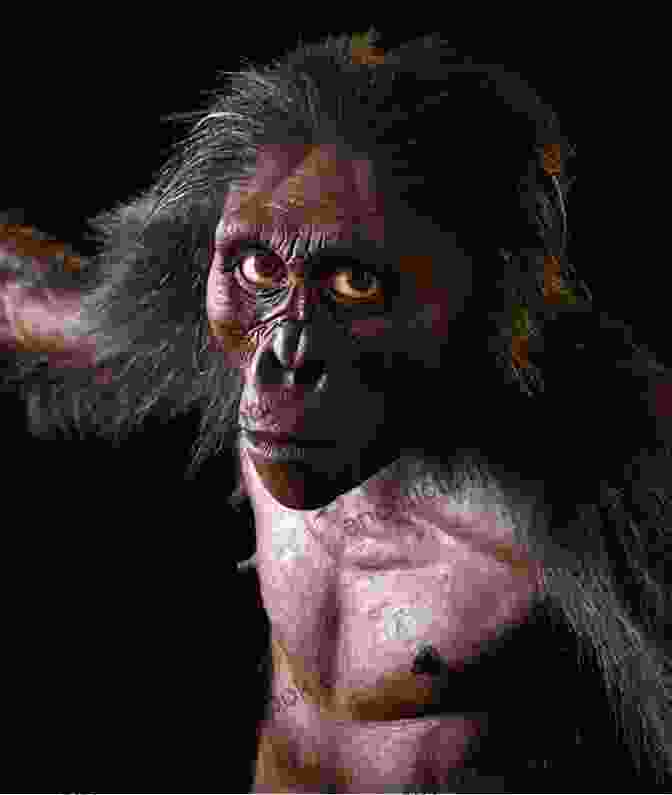
Around 2 million years ago, Homo erectus emerged and began to spread beyond Africa. This species was more advanced than its predecessors, with improved tool-making abilities and a larger brain size. They were also the first hominids to use fire and live in simple shelters.
The Dawn of Civilization: Mesopotamia and Egypt
The first civilizations arose in the fertile river valleys of Mesopotamia (present-day Iraq) and Egypt around 3500 BCE. These civilizations, known for their monumental architecture, advanced writing systems, and social stratification, laid the foundation for human cultural development.
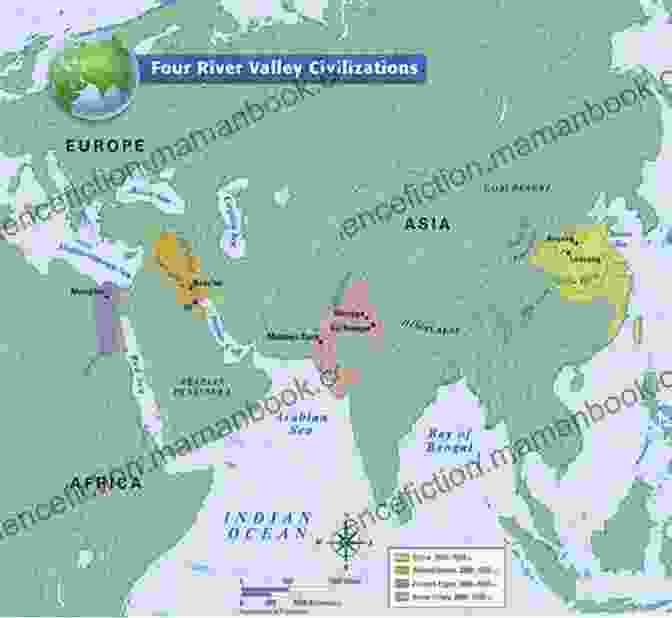
In Mesopotamia, the Sumerians developed cuneiform writing and established a complex system of city-states. In Egypt, the pharaohs ruled over a highly centralized kingdom and built iconic monuments such as the pyramids and the Great Sphinx.
The Axial Age: A Time of Philosophical and Spiritual Transformation
Around the 6th century BCE, a period known as the Axial Age witnessed a profound shift in human thought and spirituality. In China, Confucius and Lao Tzu promoted ethical living and harmony with nature. In India, the Buddha preached the Four Noble Truths and the path to enlightenment.
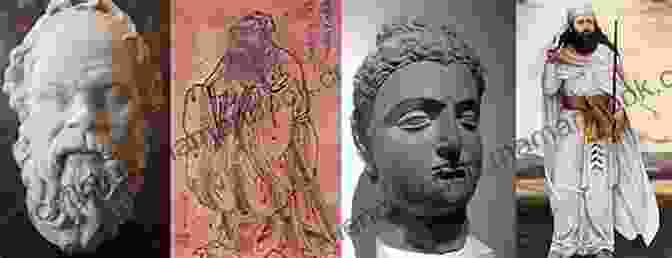
In Greece, Socrates, Plato, and Aristotle laid the foundations of Western philosophy, emphasizing reason, logic, and the pursuit of knowledge.
The Era of Global Exploration: Connecting the World
Beginning in the 15th century CE, European explorers embarked on a series of voyages that would forever alter the course of human history. Led by Christopher Columbus, Vasco da Gama, and Ferdinand Magellan, these expeditions established new trade routes and connected the Eastern and Western hemispheres for the first time.
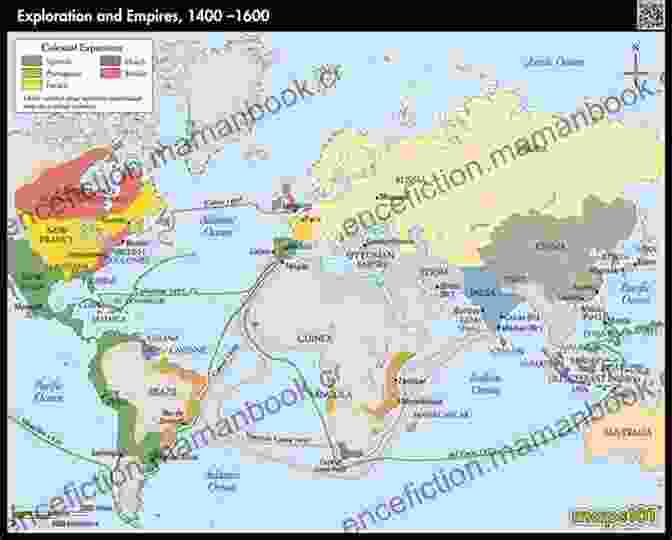
The Columbian Exchange, named after Christopher Columbus, resulted in the exchange of plants, animals, and ideas between the Americas, Europe, and Asia. This unprecedented exchange had a profound impact on global agriculture, diets, and cultural practices.
The Industrial Revolution: A New Chapter in Human Progress
The Industrial Revolution, which began in Great Britain in the 18th century, marked a fundamental shift in human society. The invention of the steam engine, the cotton gin, and the loom transformed manufacturing processes and led to unprecedented economic growth.
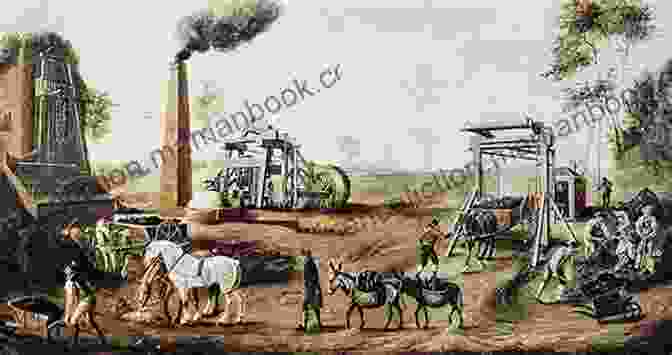
However, the Industrial Revolution also had significant social consequences, including urbanization, pollution, and the rise of the factory system.
The 20th Century: Global Conflicts and Technological Advancements
The 20th century witnessed two devastating world wars and the Cold War, periods of intense global conflict that tested the limits of human civilization.
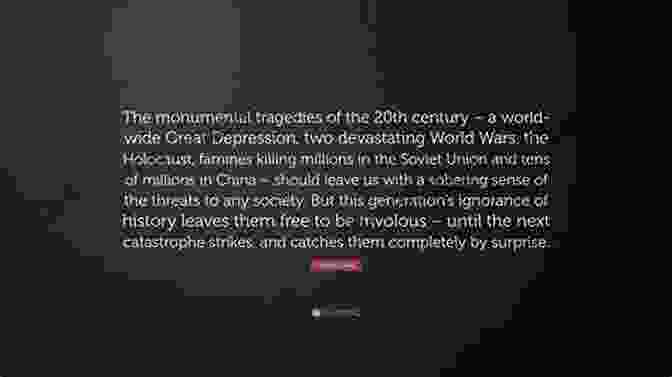
Amidst the turmoil, the century also saw remarkable technological advancements, including the development of computers, the Internet, and the Human Genome Project. These innovations paved the way for new frontiers in communication, commerce, and scientific discovery.
The 21st Century: Challenges and Opportunities
As we enter the 21st century, humanity faces new and complex challenges, including climate change, global inequality, and the spread of infectious diseases.
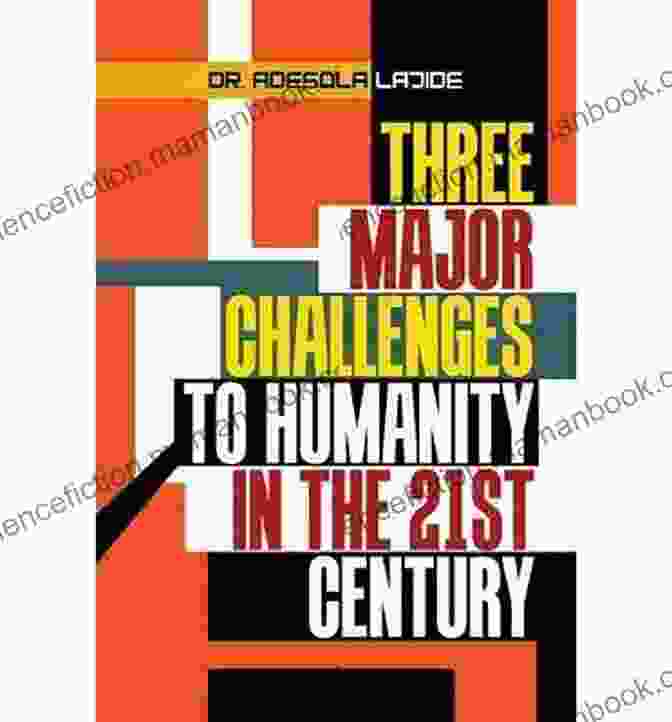
However, the 21st century also presents unprecedented opportunities for cooperation, innovation, and sustainable development. With scientific breakthroughs, advances in technology, and a renewed global consciousness, humanity has the potential to create a more just and equitable future for all.
The journey of early humans to global expansion is a testament to our resilience, ingenuity, and insatiable curiosity. From our humble beginnings in Africa to our current status as a globally connected species, we have come a long way in our quest for knowledge, progress, and connection.
As we continue to navigate the challenges and embrace the opportunities of the 21st century, let us draw inspiration from the past and strive to build a future worthy of our shared human heritage.
4.4 out of 5
| Language | : | English |
| File size | : | 3623 KB |
| Text-to-Speech | : | Enabled |
| Screen Reader | : | Supported |
| Enhanced typesetting | : | Enabled |
| Word Wise | : | Enabled |
| Print length | : | 267 pages |
| X-Ray for textbooks | : | Enabled |
Do you want to contribute by writing guest posts on this blog?
Please contact us and send us a resume of previous articles that you have written.
 Top Book
Top Book Novel
Novel Fiction
Fiction Nonfiction
Nonfiction Literature
Literature Paperback
Paperback Hardcover
Hardcover E-book
E-book Audiobook
Audiobook Bestseller
Bestseller Classic
Classic Mystery
Mystery Thriller
Thriller Romance
Romance Fantasy
Fantasy Science Fiction
Science Fiction Biography
Biography Memoir
Memoir Autobiography
Autobiography Poetry
Poetry Drama
Drama Historical Fiction
Historical Fiction Self-help
Self-help Young Adult
Young Adult Childrens Books
Childrens Books Graphic Novel
Graphic Novel Anthology
Anthology Series
Series Encyclopedia
Encyclopedia Reference
Reference Guidebook
Guidebook Textbook
Textbook Workbook
Workbook Journal
Journal Diary
Diary Manuscript
Manuscript Folio
Folio Pulp Fiction
Pulp Fiction Short Stories
Short Stories Fairy Tales
Fairy Tales Fables
Fables Mythology
Mythology Philosophy
Philosophy Religion
Religion Spirituality
Spirituality Essays
Essays Critique
Critique Commentary
Commentary Glossary
Glossary Bibliography
Bibliography Index
Index Table of Contents
Table of Contents Preface
Preface Introduction
Introduction Foreword
Foreword Afterword
Afterword Appendices
Appendices Annotations
Annotations Footnotes
Footnotes Epilogue
Epilogue Prologue
Prologue Michael Mechanic
Michael Mechanic Troy Anthony Platt
Troy Anthony Platt Maria Connor
Maria Connor Bill Vlasic
Bill Vlasic Carrie Bates
Carrie Bates Holly Bridges
Holly Bridges Angelee Deodhar
Angelee Deodhar Marshall H Klaus
Marshall H Klaus Robbie Thompson
Robbie Thompson Hugh Brewster
Hugh Brewster Lena Greiner
Lena Greiner Alfred Tennyson
Alfred Tennyson James Naughton
James Naughton David Stewart
David Stewart Susan Isaacs
Susan Isaacs Neel Ingman
Neel Ingman Paula Mclain
Paula Mclain Gili Drober
Gili Drober Matthew Lippman
Matthew Lippman Eric Vall
Eric Vall
Light bulbAdvertise smarter! Our strategic ad space ensures maximum exposure. Reserve your spot today!
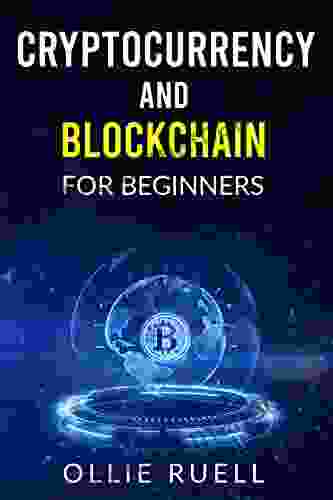
 Jerome PowellBitcoin and Blockchain for Beginners: A Comprehensive Guide to the Future of...
Jerome PowellBitcoin and Blockchain for Beginners: A Comprehensive Guide to the Future of...
 Bobby HowardSaku Maru Maru Birthday: Get to Know Rashelle Workman, the Dynamic Actress...
Bobby HowardSaku Maru Maru Birthday: Get to Know Rashelle Workman, the Dynamic Actress... Joseph HellerFollow ·7k
Joseph HellerFollow ·7k Xavier BellFollow ·5.8k
Xavier BellFollow ·5.8k Yasushi InoueFollow ·3.8k
Yasushi InoueFollow ·3.8k Easton PowellFollow ·16.5k
Easton PowellFollow ·16.5k Eric HayesFollow ·15.7k
Eric HayesFollow ·15.7k Fredrick CoxFollow ·18.1k
Fredrick CoxFollow ·18.1k Alec HayesFollow ·10.7k
Alec HayesFollow ·10.7k Efrain PowellFollow ·14.9k
Efrain PowellFollow ·14.9k

 Ashton Reed
Ashton ReedClean(ish) Food for People Who Like to Eat Dirty
By: [Your Name] Are...

 Ronald Simmons
Ronald SimmonsThe Handbook for Educators: A Comprehensive Guide to...
The Handbook for...

 Derrick Hughes
Derrick HughesAny Place Hang My Hat: A Hauntingly Beautiful Novel by...
A Masterpiece of...
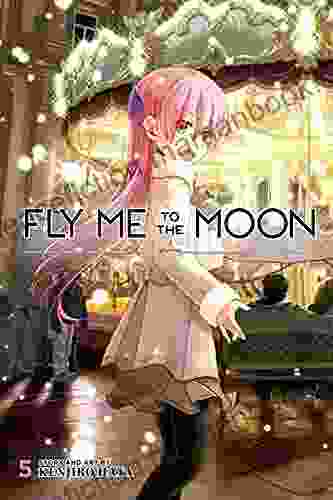
 Adrien Blair
Adrien BlairFly Me to the Moon Vol. 5: A Lunar Odyssey through...
In the vast...

 William Powell
William PowellTips By Gardeners On Variety Of Subjects
Gardening...
4.4 out of 5
| Language | : | English |
| File size | : | 3623 KB |
| Text-to-Speech | : | Enabled |
| Screen Reader | : | Supported |
| Enhanced typesetting | : | Enabled |
| Word Wise | : | Enabled |
| Print length | : | 267 pages |
| X-Ray for textbooks | : | Enabled |


